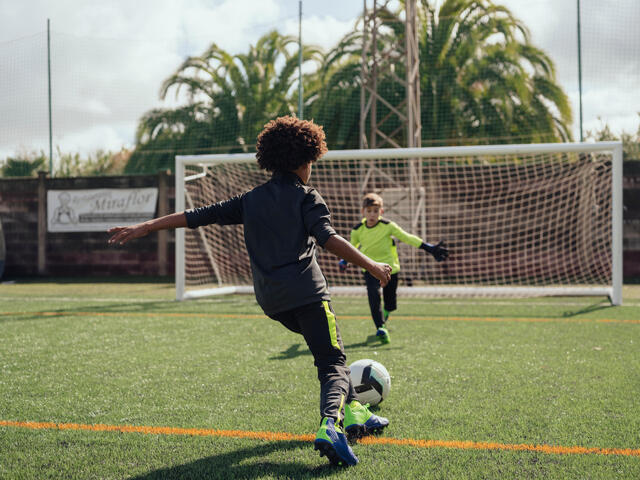1. Energy drinks
Generally, a recovery drink describes a sports drink consumed before, during or after exercise. This is to replenish vital minerals the body loses whilst sweating. These minerals are called electrolytes. Most of these types of drinks will be carbohydrate based, aiming to replenish the glycogen stores lost through exercise. Sports-science professionals generally agree that the best window within which to consume an energy drink is 20 minutes after exercise.

















